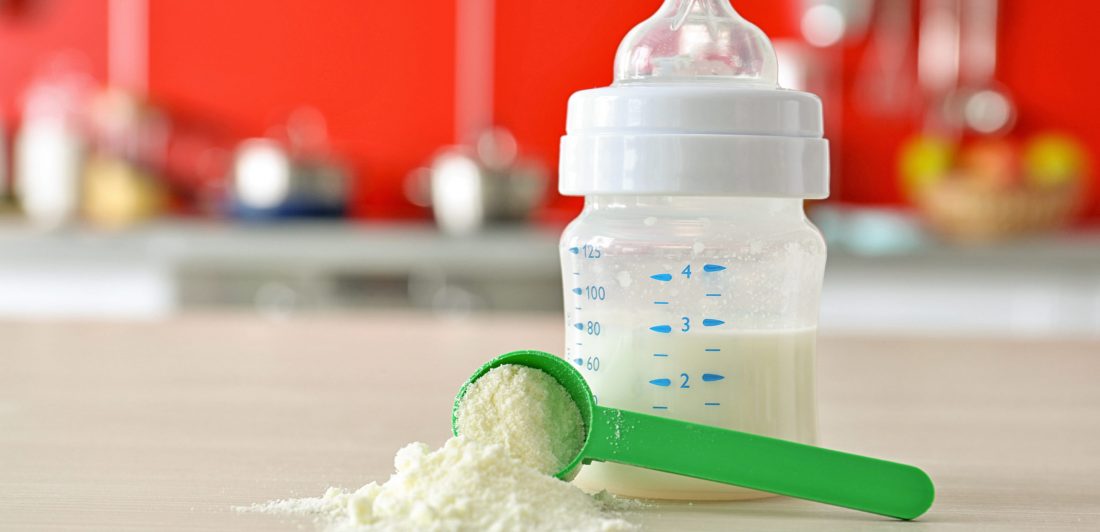Baby Formula Update June 2022: Many facilities were left uninspected due to COVID
According to the federal records, U.S. regulators previously inspected baby formula plants at least once a year, but the three leading manufacturers were left uninspected in 2020. After a two-year gap, inspectors were greeted into an Abbott Nutrition formula plant in Michigan with standing water and lax sanitation procedures. Inspectors would return I’ve months later to find bacterial contamination inside the factory, leading to a four-month shutdown and the nationwide shortage that has sent parens scrambling to find formula and forced the United States to airlift products from overseas.
Abbot resumed production at its biggest plant in the United States earlier this month under a legally binding agreement with the FDA. However, the nationwide shortage exposed how concentrated the industry has become in the United States, with a shocking number of only a handful of companies holding power of 90% of the market.
When COVID-19 impacted 2020, the FDA pulled most of its inspectors from the field, which led to hundreds of plants left uninspected. Although the FDA did conduct around 800 “mission-critical” inspections, about only 23 of the facilities that make, package, or distribute formula met the requirements. The inspections included facilities that belonged to the three leading formula manufacturers: Abbott, Reckitt, and Gerber.
Under current law, the FDA is only required to inspect formula facilities every three to five years, but the agency has consistently inspected the facilities annually, until the pandemic. After scrutiny from Congress and government watchdogs, a recent bill would require the FDA to inspect infant formula facilities every six months.
What Powdered Infant Formula Products Have Been Recalled?
Three complaints regarding the baby formula concerned Cronobacter sakazakii, a bacteria that can cause severe, life-threatening infections or inflammation of the membranes that protect the brain and spine. The U.S. Food and Drug Administration said in a statement that it will be investigating consumer complaints of the infection and warned parents about the products after illnesses in Minnesota, Ohio and Texas resulted in the hospitalization of four infants.
Cronobacter sakazakii bacteria can cause serious invasive infections and premature infant death. The FDA is advising consumers not to use Similac, Elecare, or Alimnetum powdered infant formulas if:
- The first two digits of the code are 22 through 37; and
- The code on the container contains K8, SH, or Z2; and
- The expiration date is 4-1-2022 (APR 2022) or later
In addition to those above, Abbott Nutrition recalled Similac PM 60/40 with a lot code of 27032K80 (can) / 27032K800 (case). In its announcement, Abbott didn’t specify how many units were affected but the manufacturer is popular in the United States and abroad.
More information is available at Similacrecall.com where you are able to type in the code on the bottom of the package. You may also call 1-800-986-8540 and follow the instructions provided. According to Abbott, no liquid formulas, powder formulas, or nutrition products from other facilities are impacted by the recall. The recalled products were only manufactured in Sturgis, Michigan, the company said.
Similac under fire for other issues related to its baby formula
Although the recent recall is related to a potential bacteria infection, Similac baby formula has gone under fire for other health-related issues. Since June 2021, parents have filed a baby formula lawsuit against the manufacturer, claiming that the cow’s milk-based baby formula is causing premature infants to develop a gastrointestinal illness condition called necrotizing enterocolitis (NEC).
Similac and Enfamil are two of the most popular brands of infant baby formula, and both are made of cow’s milk and used as substitutes for breast milk. Although the companies were aware of the potential health risks, claims allege that manufacturers for Similac and Enfamil failed to warn consumers of the potential risks of developing NEC and failed to add any kind of warning to product labels.
The Carlson Law Firm is currently helping clients who are wanting to hold these companies accountable. If you are looking for more information as to what a NEC Lawsuit entails, click here. Your lawsuit will depend on the type of baby formula used.





